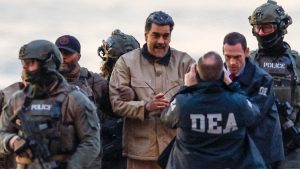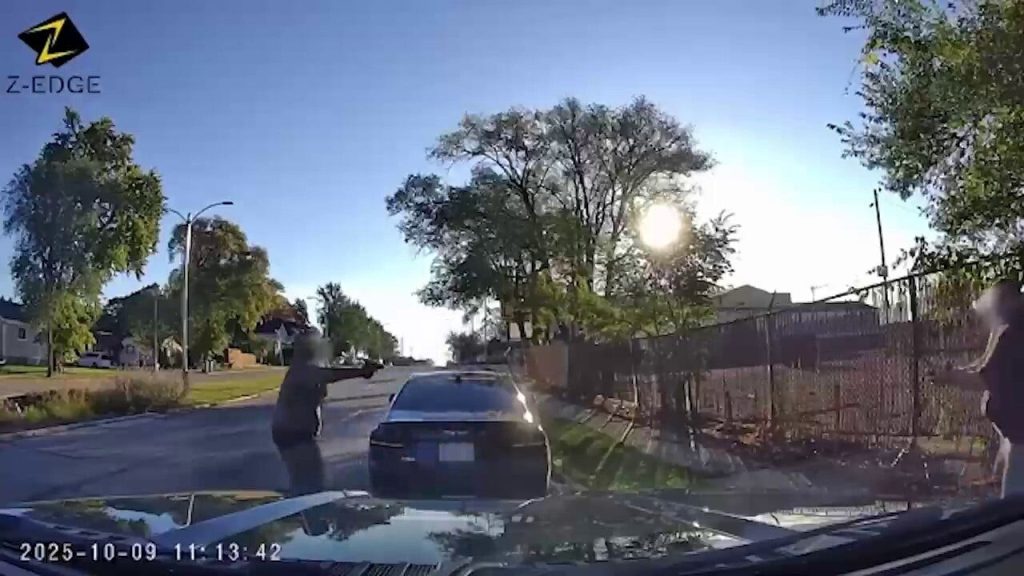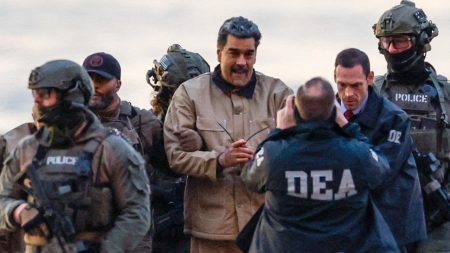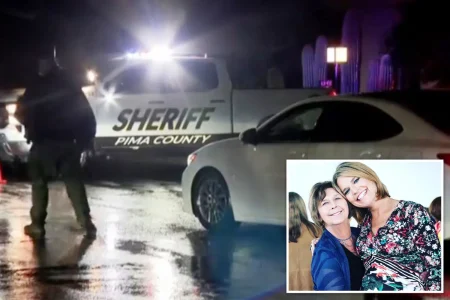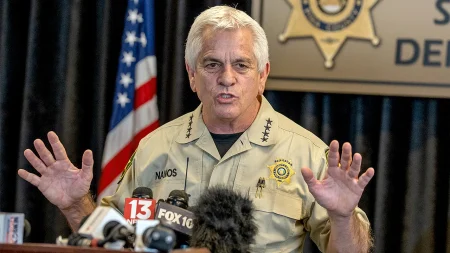Family Accepts Off-Duty Milwaukee Officer’s Actions in Fatal Shooting
In a rare moment of public reconciliation following a police shooting, the family of 26-year-old Elijah Wilks has acknowledged that the off-duty Milwaukee police officer who fatally shot their loved one acted justifiably during a traffic confrontation last week. This conclusion came after the family viewed dashcam footage that captured the tragic encounter, showing Wilks striking the officer with a gun and pointing it at him before shots were fired. Through their attorney, B’Ivory Lamarr, the family expressed their belief that while the outcome was devastating, the officer’s response aligned with his training when faced with an armed threat.
The incident began innocuously enough in a construction zone on West Mill Road, where morning traffic was being forced to merge. Dashcam video showed Wilks cutting off the 41-year-old officer, a 21-year veteran of the Milwaukee Police Department, leading to what police described as a minor vehicle incident around 8:30 a.m. The situation escalated when, according to the family’s attorney, the two exchanged words before the officer’s vehicle struck Wilks’ car. Both men then pulled over and exited their vehicles, continuing their argument on the roadside. What began as a routine traffic dispute quickly turned deadly when Wilks produced a firearm, struck the off-duty officer with it, and pointed the weapon at him. The officer responded by firing several shots, fatally wounding Wilks, who died at the scene despite appearing to try to take cover behind his vehicle.
“The video in which myself and his mother watched today is that he did slap the off-duty officer with a firearm,” Lamarr stated during Monday’s news conference. “It does depict Elijah pointing the firearm at the off-duty officer. The off-duty officer did respond, we believe, in accordance with his training and did fire off several shots.” This candid assessment from the family’s own legal representative underscores the complexity of the case and represents an unusual moment of agreement between a victim’s family and law enforcement in the aftermath of a fatal police shooting. While the family did express concern that the officer failed to administer first aid after the shooting, they maintained their belief that his use of deadly force was justified given the circumstances he faced.
The family’s public stance reflects both their grief and their commitment to honesty about what transpired. Elijah’s sister, Elayjah Wilks, remembered him as “a good person… everybody loved my brother,” while his aunt, Andrea Ward, offered a sobering perspective: “We are all one seat away from making the wrong decision.” Another aunt, Latrice Bell, acknowledged her nephew’s fatal error, stating, “He made a decision that he should not have made, and that is just something we have to live with. I don’t believe Elijah knew that he was a police officer, but whether it was or wasn’t — the encounter should have been different.” These statements reveal a family wrestling with the painful reality that their loved one’s actions contributed to his death, even as they mourn his loss and remember the person he was beyond this single, tragic moment.
The Milwaukee Police Department’s release of the video ahead of the required 15-day deadline demonstrates a commitment to transparency that the family’s attorney specifically commended. Under department policy, next of kin must be allowed to view video within 48 hours of a deadly incident, but in this case, officials moved more quickly to share the evidence with the family and subsequently with the public. This swift action likely helped prevent the spread of misinformation and allowed the family to process what had occurred based on visual evidence rather than conflicting accounts. Attorney Lamarr acknowledged that the family’s decision to publicly accept the officer’s actions was not an easy one but reflected their desire for accountability, transparency, and healing in a community still grappling with the toll of violence and fraught police-community relations.
This case stands out against the backdrop of numerous contested police shootings across America that have sparked protests and deepened divides between law enforcement and communities. The Wilks family’s response offers a different model—one where painful truths are acknowledged even amid grief. Their public statements suggest a recognition that justice sometimes requires acknowledging difficult realities rather than solely seeking blame. As cities nationwide continue to navigate the complex issues surrounding police use of force, this incident demonstrates how video evidence and prompt transparency can sometimes lead to unexpected common ground, even in the most tragic circumstances. While nothing can undo the loss of Elijah Wilks, his family’s willingness to publicly accept the evidence before them may contribute to a more nuanced conversation about the split-second decisions that can forever alter lives on both sides of a police encounter.

